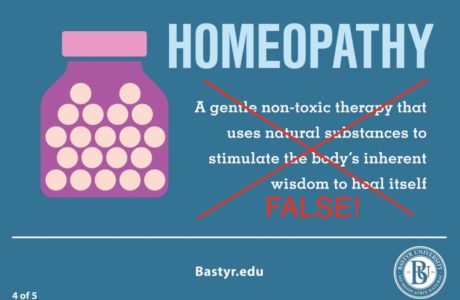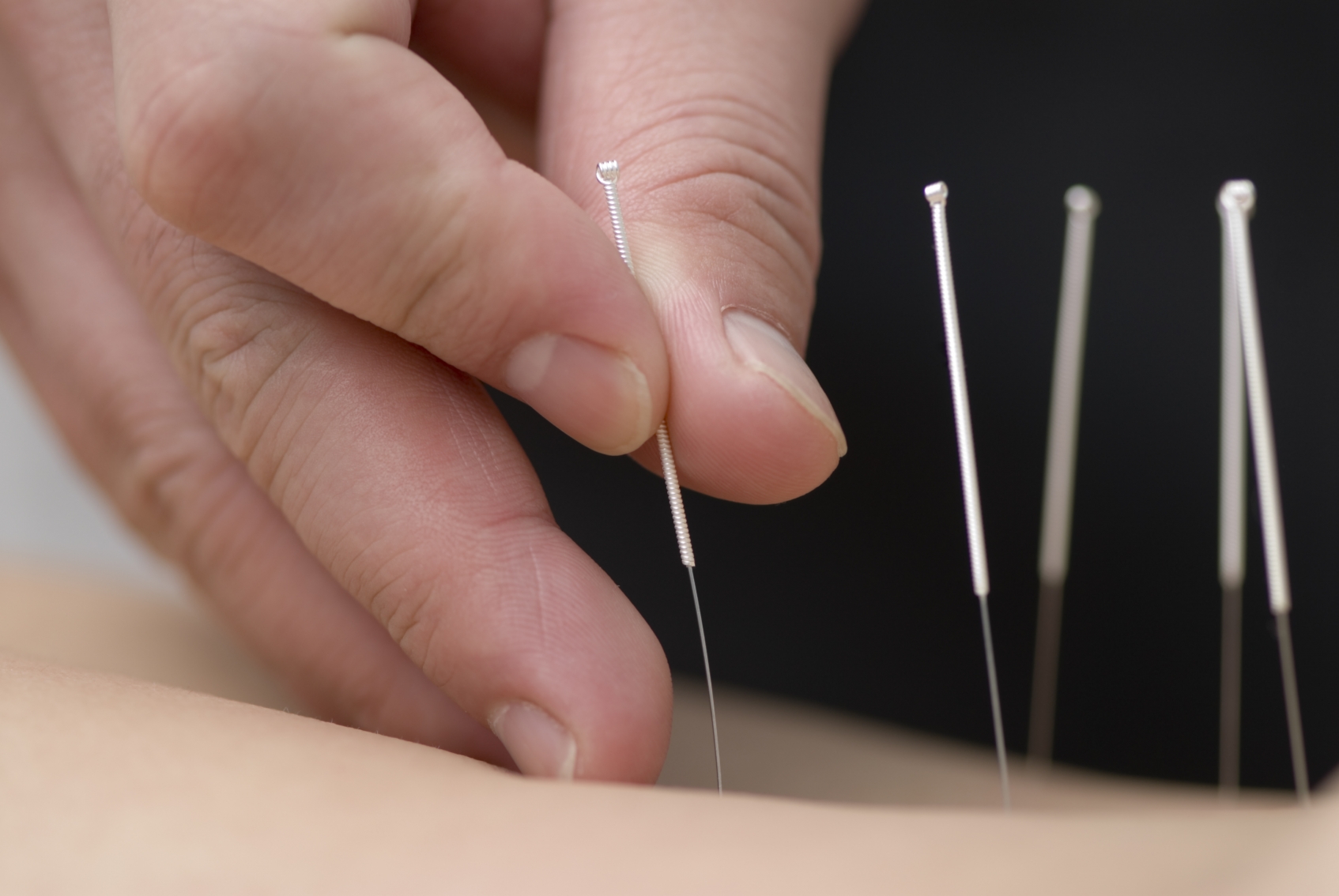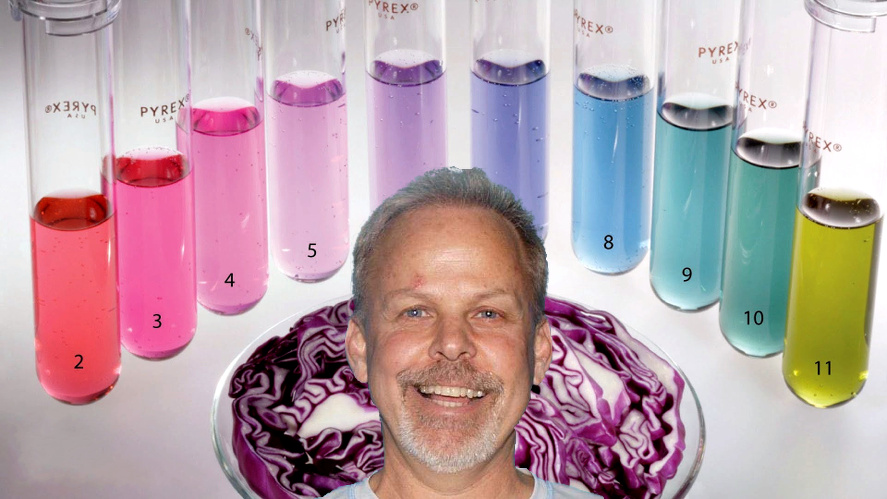Britt’s Note: Many naturopathic doctors market themselves as hormone specialists. They think they are capable of evaluating and treating virtually any symptom that may involve the endocrine system. When it comes to hormone-related conditions, NDs are not just supplement pushers, they are also pushers of useless tests.
This post comes to you from a board-certified endocrinologist who offers his insights from many years of experience treating patients. He provides invaluable advice for those wondering if they should consult a naturopathic doctor for hormonal health concerns (or any problem for that matter). You can read more about natural health practitioners getting endocrinology wrong at HormonesDemystified.com.

As a mid-late career endocrinologist, I’ve been counseling victims of quackery for years. Let’s not pretend like these patients have simply gotten suboptimal advice, or that they received an alternate—but equally valid—viewpoint. I am nothing if not brutally honest, and I’m telling you, these folks are victims.
I have realized that it’s extraordinarily inefficient to (re)educate the world one patient at a time in my exam room. I’ve often thought I should start a blog to be a contrarian voice to all the histrionic nonsense found in the world of alternative medicine. So I finally did it.
I’m the first to admit that Hormones Demystified is not for everyone. In fact, I urge anyone who is very sensitive to avoid my blog. Or, if you are invested in your naturopathic care to the point of being completely closed off to any “Western” medical concepts, do not read my blog—it’ll just piss you off. But, if you aren’t convinced that you, your naturopath, and your chiropractor have it all figured out, then you might want to check out my writing.
Disclosure: I think Britt’s blog is brilliant, but that doesn’t mean Britt endorses anything on my blog. In fact, she admitted that even she was offended by some of my particularly raw humor. But, she must believe that I have something useful to offer her readers, because she published this guest post. So take that as an endorsement of the message, if not the (sometimes offensive) vehicle that delivers it.
I’d like to use this platform Britt has given me to help you understand why your naturopath and your endocrinologist agree on precisely nothing. The key is to appreciate the two critical pillars on which the practice of Endocrinology rests: “Know your assay” and “Know your pre-test probability.” Don’t worry, I’ll explain.
Know your assay
I’m going to share a disturbing realization I’ve come to over the years: most doctors do not understand the intricacies of the laboratory testing they order. It doesn’t matter if we’re talking about medical doctors like me, osteopaths, or naturopaths—we are all ignorant. And chiropractors who delve into diagnosing thyroid and adrenal problems? Well, let’s just say ignorance would be considered an aspirational state of being for these untrained charlatans.
Back to the lab test issue. Most of the time, with the typical blood work performed at an annual physical, you can take it at face value. Sure, we like to repeat things that are high or low on occasion to make sure the first result wasn’t spurious. But mostly, if your cholesterol is high, it’s high. If your potassium is low, it’s low. Simple, right?
In endocrinology, it is not so simple. Whatever hormonal test we’re talking about, there is a laundry list of reasons that can make it falsely high or low. While you don’t necessarily have to be a clinical chemist to order and interpret basic lab tests, it is critical that a doctor foraying into the realm of hormones has a much deeper understanding of testing.
For example, there are hormones, like testosterone, that have a diurnal rhythm. Testosterone starts out higher in the morning, then falls by 1/3 or more over the course of the day. The normal male range for testosterone has been determined using early morning levels. I cannot tell you how many men come to me with a “new” diagnosis of low testosterone, based off an afternoon blood draw—totally worthless.
But wait, that’s not all. If the man works a graveyard shift or is elderly, the diurnal rhythm may be lost. For the late-shift worker, it may be advisable to check the testosterone at a couple different times of day to make sure he doesn’t get labeled with a condition he doesn’t have.
And what about total versus free testosterone? What if the total is low, but the free is totally normal? Does that man have low T (testosterone)? What about when the total T is extremely high? Does that mean the man has a testosterone-secreting tumor, or is this an “artifact” from a very high protein level called SHBG?
Does the instrument on which testosterone is measured matter? You bet it does. In fact, if the T hasn’t been measured by a method called LC/MS/MS, you might as well just throw a dart at a board of numbers instead of running the blood test.
All of the above should illustrate how dealing with hormones can get complicated, which is why a fellowship in endocrinology is two to three years long. I promise you that your naturopath is swimming in the shallow end of the pool when it comes to understanding what exactly he or she is ordering.
Pathology vs. normal physiology
I regularly see patients with multiple shopping bags full of supplements, prescribed to “balance” any hormone result that has come back outside the normal reference range. Setting aside the fact that most of these “balancing” treatments won’t work, the more important question is, does the “abnormal” result represent pathology or normal physiology?
For example, I see naturopaths test all kinds of estrogens and progestogens in postmenopausal women, and then proceed to counsel these women that their hormone levels are in the toilet and need to be raised. When to prescribe hormone replacement therapy is outside the scope of this post; rather, I’d simply like to point out what should be obvious: of course a postmenopausal woman has low levels of sex steroids! By definition, this woman’s ovaries are no longer functioning, so we know the levels of estrogen and progesterone are going to be low. Even more ridiculous is when I see a low estriol level, which is an estrogen produced by the placenta during pregnancy. Why would you even measure that in a postmenopausal woman?
This type of testing is worthless at best. At worst, I’ve seen healthy women very upset that they’re “falling apart” because they have several pages of “abnormal” results. In my experience, numbers on a page that fall outside of a reference range have the power to cause significant psychological distress to patients. Once the ink is dry, it’s very difficult for me to convince these folks that the results aren’t worth the paper on which they’re printed. It saddens me that there are so many healthy people walking around believing that they are sick.
Know your pre-test probability
Patients come to my office all the time asking me to test their adrenals. Most of the time, I am able to tell them that their adrenal glands are working just fine, simply by talking to them. How am I able to do that without running any lab tests? Well, most of these people have fatigue and weight gain and want to be screened for a made-up condition called adrenal fatigue. What these patients do not have are symptoms of adrenal insufficiency, a very real and very serious disease, usually associated with nausea, vomiting, abdominal pain, loss of appetite, weight loss, weakness, and severe lightheadedness on standing.
Pretend that you’re the doctor fielding the request to “check my adrenals,” made by a patient without symptoms of adrenal insufficiency. Would you:
A. Run the testing anyway to try to reassure the patient.
B. Reassure the patient (s)he is normal, and explain why testing is not indicated.
For those who think choice “A” sounds reasonable, let’s examine it in greater depth. What would you tell the patient if the results of the testing come back positive (i.e., the blood cortisol level does not rise above 18 μg/dL during an adrenal stimulation test)? Would you diagnose that person—who has no symptoms of true adrenal failure—with a serious medical condition and start him/her on hydrocortisone (steroid) replacement therapy?
I would not make such a diagnosis or initiate treatment, because my pre-test suspicion that the patient actually had that condition was very low. I would consider the test results a “false positive” and consider other reasonable explanations for why the test came back as it did.
In my opinion, this is where naturopaths make some of their most egregious judgment errors. They order pages upon pages of labs, most of which have nothing to do with the patient’s symptomatology. Then, they flag anything that looks high or low and attempt to “treat” it, not understanding that many of these “abnormal” results are clinically irrelevant. Although many of the supplements they prescribe are harmless (but expensive!), the hormonal treatments they prescribe can be very dangerous.
When it comes to the adrenal glands, I have seen numerous people who had healthy adrenals before they were diagnosed with adrenal fatigue. Once they were diagnosed and placed on some sort of steroid or adrenal extract, their previously healthy adrenals stopped producing their own cortisol. This is what happens when you take an adrenal hormone you don’t need—your body says “Great! There’s enough cortisol around, so I don’t need to make any.” Your adrenals then go to sleep, sometimes never to wake again (or they may wake up, but it can take up to a year after stopping the supplemental steroid). Pretty scary, right? By taking a hormone you don’t need, you can cause the very condition you were attempting to treat with fioricet medicine Here’s another frequent example of patient harm caused by naturopaths who don’t understand the concept of knowing your assay or pre-test probability. Naturopaths love to order T3 levels when investigating possible hypothyroidism (underactive thyroid). Unfortunately, T3 levels are not helpful for making a diagnosis of hypothyroidism. I’ve seen these clinicians ignore all of the normal thyroid test results and focus just on the T3 level. Often, the T3 level comes back in the lower half of the normal range, which apparently isn’t good enough for many naturopaths. So they initiate treatment with liothyronine (T3 pills) or dessicated thyroid hormone (dried-up pig thyroid), sometimes titrating the dose up to heroic levels. Due to this strategy, I have seen more than one patient land in the hospital with atrial fibrillation, a dangerous heart rhythm.
More is not always better
There seems to be a mantra in the alternative, anti-aging community: don’t settle for normal when you could be better than normal. This leads to attempts to push blood levels of many hormones to the upper end of “normal.” This strategy completely ignores the fact that the body is excellent at self-regulation. While hormone-producing glands can and do fail (or become hyperactive), the frequency with which they do so is significantly lower than the incidence of new diagnoses made in naturopathic clinics. These diagnoses lead to misguided treatments, which can then lead to significant patient harm, as I have described in this post.
All of this nonsense could be avoided by your health care provider focusing on just two things: “Know your assay” and “Know your pre-test probability.” Unfortunately, you are unlikely to get this level of care from your naturopath, and you’ll never get it from your chiropractor. If you have (or think you have) a hormonal problem, please go to your local, board-certified endocrinologist for an evaluation. It is critical to remember this: if your endocrinologist says your symptoms are not caused by a hormonal problem, she’s not trying to be dismissive. What she’s saying is, your hormones are fine and you need to keep plugging away with your primary provider or other specialty provider to figure out why you feel the way you do.
Good luck and best of health to all of you.
About the author: HD is an endocrinologist in a large, multispecialty practice. He has trained at two Ivy League institutions, among other well-regarded programs. He’s been named a Regional Top Doctor multiple times, determined by a survey of area physicians that asks, ‘Who would you send your family members to for their health care?’ HD blogs anonymously at HormonesDemystified.com. HD has chosen to keep his identity a secret, mainly because his writing is unfiltered and could be perceived as offensive. Out of respect for his employer, as well as for his patients about whom he cares deeply, he prefers to keep his professional and blogging lives separate. HD emphasizes that he blogs because he cares intensely about helping people, and he hopes that the message of caring is received despite his irreverent writing style.



